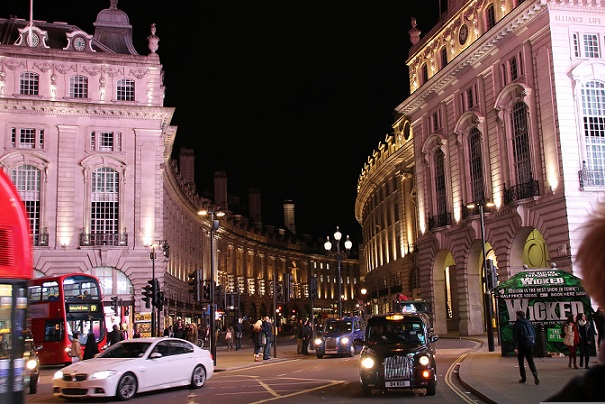She travelled from the Middle East when she was fifteen. She’s now twenty-eight, and has lived under the immigration radar in London ever since.
 Steve Latham
Steve Latham
She came, she told me, by truck, train, car, van and boat, all the way. She was a victim of, what we now call, ‘human trafficking’, or ‘people smuggling’. That makes her, officially, an ‘illegal immigrant’.
Vulnerable, she was surely at risk of being forced into sex work. So I asked her once, if anyone had ever tried to force her into having sex with them. She said, ‘No’. She was lucky. Without legal permission to find employment in the UK, she has been obliged to work in a series of take-away restaurants.
Having no job security, in this twilight economy, she is at the mercy of unscrupulous bosses, or at best those whose profit margins are so low, they can’t afford to pay much.
There is no point in complaining about conditions, or the boorish behaviour of delivery drivers, who are, she says, the worst. So she simply flits from one short-term job to another.
 Likewise, she is unable to legitimately rent any accommodation, so she has to find rooms in shared houses, among others in this half-lit world. But, as long as they leave her alone, she is content.
Likewise, she is unable to legitimately rent any accommodation, so she has to find rooms in shared houses, among others in this half-lit world. But, as long as they leave her alone, she is content.
Often the landlords are trying to save money, so they forbid her from turning on the heating, or hot water for baths, even in the middle of a cold winter like our last one.
It at least makes it possible for her to have somewhere safe to live, from which she can commute long distances across the capital to her employment; to economise, she often walks several hours. Why did she come? Her explanation is unclear. Apparently, someone told her she would be better off here.
So she left her family behind, to live with a distant uncle here. This didn’t work out, so she chose the itinerant life of a transient shadow in London’s underside.
She now cannot remember the exact name of the village they lived in. It appears on Google as the name of region not the specific settlement of her memory.
 The movie, “Dirty pretty things”, accurately describes the lifestyle of those who live in this subterranean underworld, learning to develop street smarts to survive there.
The movie, “Dirty pretty things”, accurately describes the lifestyle of those who live in this subterranean underworld, learning to develop street smarts to survive there.
She reports that her friends all live in fear of the frequent police raids, which descend on enterprises deemed likely to employ these global undesirables.
Each week, someone else has disappeared, sent to a detention centre before being deported to a country they dimly remember.
Afraid of betrayal she avoids the company of those from her own country, especially as there she was also a member of a victimised ethnic minority.
She lives, consequently, in the cracks, on the edges of society. She is a ghost, flitting through the grey zones of the city, unseen.
One day, I expect to see her, not here, an absence; a gap in the urban void, shaped like her.
(Photos: Pixabay)












.jpg)












